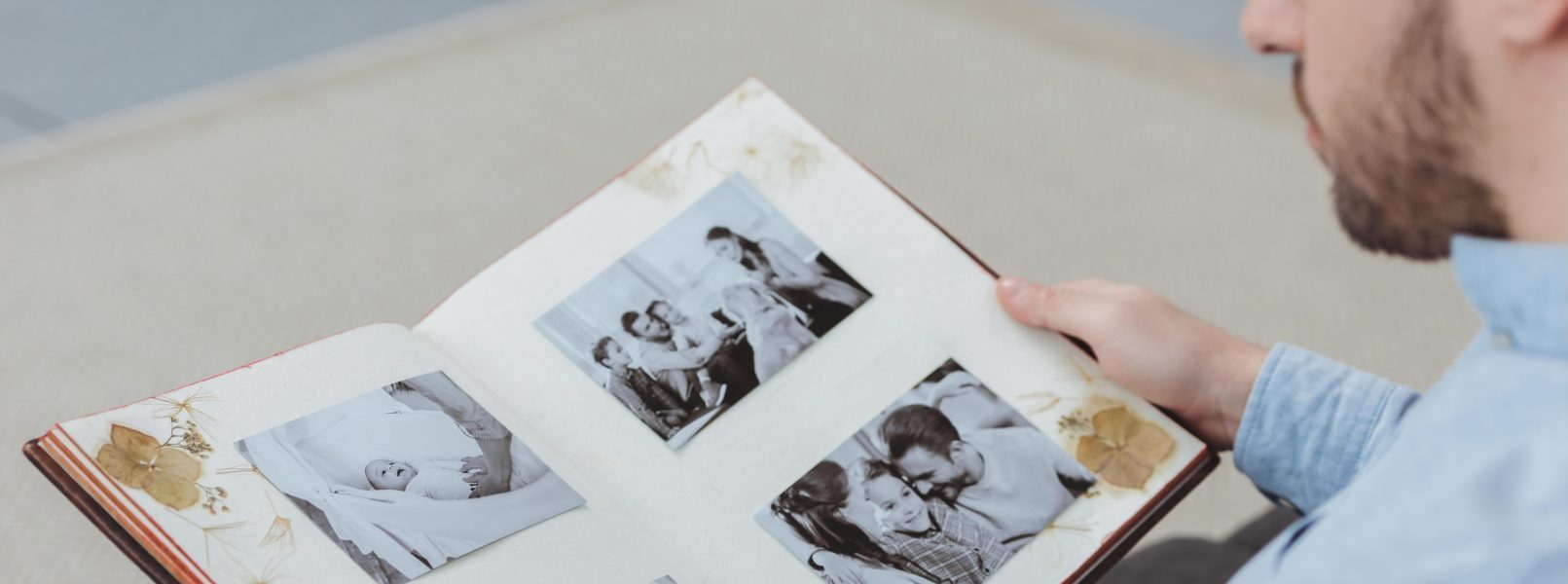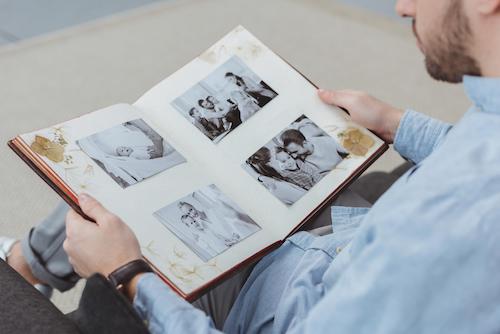“Grief is the last act of love we have to give those we loved. Where there is deep grief there was great love”
Trying to cope with the loss of someone that you love can be one of life’s greatest challenges. This is unavoidable and everyone will lose someone they love in their life time. Whether the loss was expected or not, the hurt and pain still comes and can knock you down like a wave knocking a person’s feet out from under them, rolling them under waves of emotions. These emotions can range from shock, grief, anger, guilt, disbelief and a deep and profound sadness. The pain of the loss can affect a person’s physical health. Eating, sleeping and thinking can be affected. While these are normal reactions to loss and there is no right or wrong way to grieve, some people need the helping hand of someone to walk part of their grief journey with them. Healthy coping mechanisms may have been affected by the pain and this may be impacting and disrupting family life.
The feelings of sadness when losing someone you love may never go away completely, but it this shouldn’t remain the main focus of your day. If you find the pain of the loss is all consuming that it affects you from continuing with your life, you may be suffering from a condition known as complicated grief. Complicated grief is like being trapped in a deep state of bereavement. You may have trouble accepting the death long after it has occurred or be so preoccupied with the person who died that it disrupts your daily routine and undermines your relationships.
Symptoms of complicated grief include:
- Intense yearning and ache for your loved one
- Intrusive thoughts or images of your loved one
- Denial of the death or sense of disbelief
- Imagining that your loved one is alive
- Searching for your deceased loved one in familiar places
- Avoiding things that remind you of your loved one
- Extreme anger or bitterness over your loss
- Feeling that life is empty or meaningless
The sudden or violent death of a love one can be extremely stressful and disturbing. It leaves you asking more questions than there are answers for. You may start feeling helpless, struggling with extreme emotions, memories and an anxiety that just won’t go.
If your grief has got you feeling that life isn’t worth living anymore, you blame yourself for the loss, feel that you wish you had died with your loved one, have lost faith in humanity and this is all disrupting your day to day activities please contact a grief counsellor.



